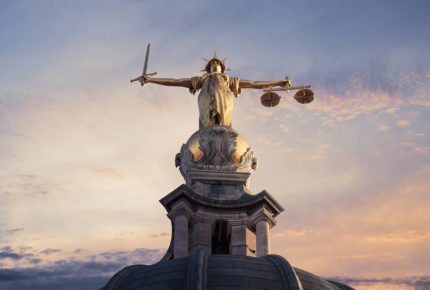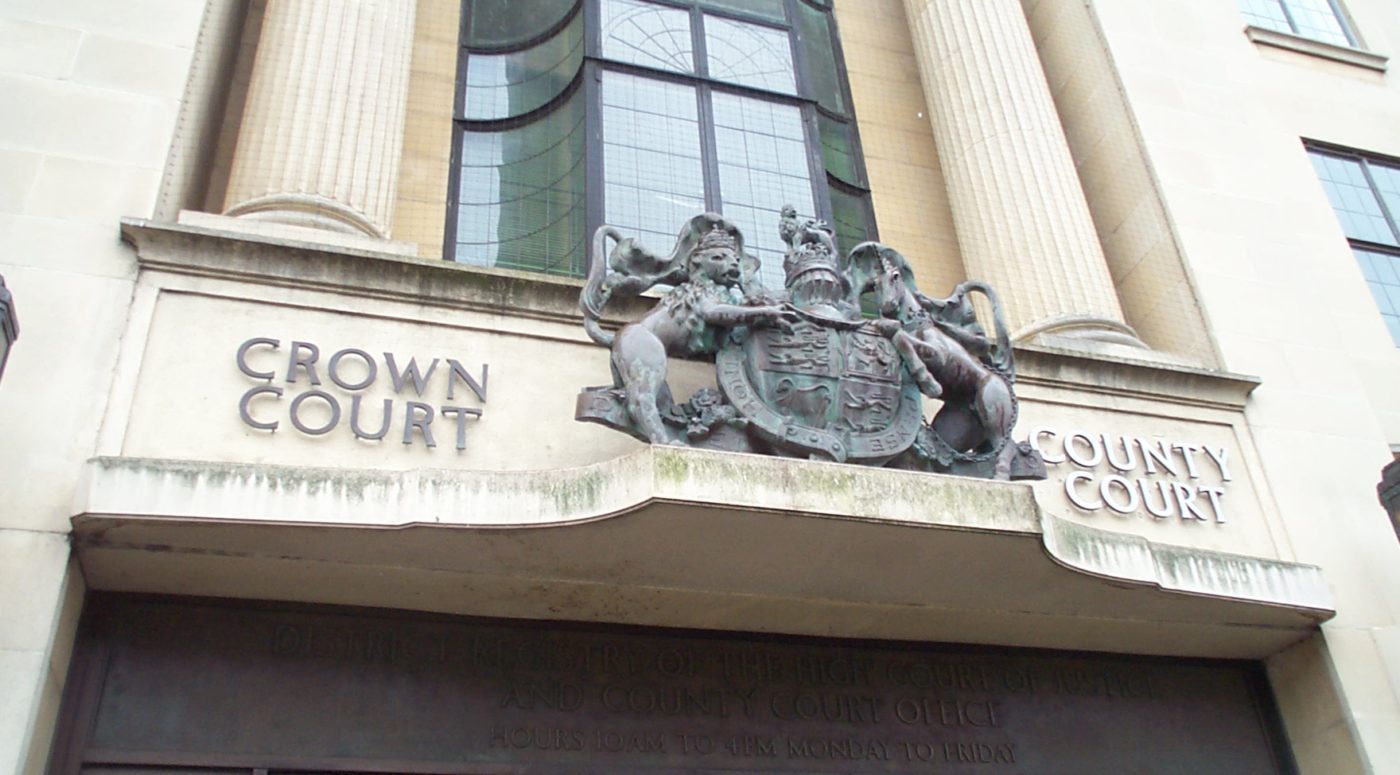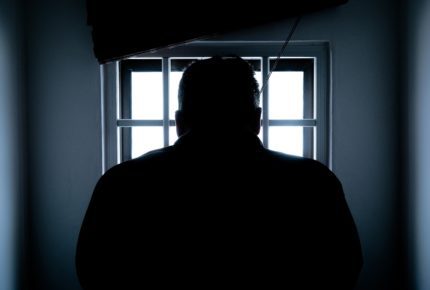

Crown Court is a venue where serious criminal cases are tried. Usually, these are cases where the situation requires a trial by jury. If you are facing such a situation, it helps to know what happens at the Crown Court so that you know exactly what to expect on the day. This is good not only for your own preparation, but also to reduce feelings of nervousness and anxiety that – understandably – you could be experiencing as your court date approaches. In this article, we outline common Crown Court procedures and point you in the right direction if you are looking for more information.
1) Pre-trial procedures
Before the jury is brought into the courtroom, there are often some preliminary legal arguments that need to be made to the judge by the Crown Prosecutor and the defence barrister. Some of the legal arguments that are made may include an application by the defence to exclude some of the Crown Prosecutor’s evidence or witnesses. Several hearings may also occur before the trial proper, including a case management hearing where it is determined how much time is required for trial and how many witnesses will be called for both the Crown and the defence.
2) The jury is sworn in
Commencing the case will require the service of twelve jurors. Generally, there will be several more alternate jurors in the event that any of the original twelve jurors cannot continue the case due to a family emergency or illness. This is done to ensure that the case will still be able to proceed.
Potential jurors are advised of the names of the witnesses to the case to ensure that none of the jurors have prior knowledge or a close relationship with them – or anyone else who might be close to the case (a relative of a witness, for example). If a potential juror does have a close connection with someone involved in the case they will be excused. The Crown Prosecutor and the defence barrister are both allowed the opportunity to challenge jurors and if the challenge is valid, the judge will excuse the potential juror.
Once twelve jurors are agreed upon, each juror is then sworn in by oath or affirmation, promising to ‘faithfully try the defendant and give a true verdict according to the evidence’.
The judge will then instruct the jury, advising them that they will decide the case based upon the evidence presented to them in the court proceedings. They are told that they can discuss the case among themselves but not with anyone else who is not on the jury. Jurors are not allowed to use social media or the internet, nor are they allowed to speak to anyone outside of court to obtain information about the case or contact witnesses. Jurors are made aware in advance that if they do any of these things they can face prosecution themselves. This is called being ‘found in contempt of court.’
3) The prosecution’s opening speech
The trial commences with the Crown Prosecutor giving their opening speech. The Crown Prosecutor explains what the case is about, including the charges faced by the defendant and the case that the Crown has against the defendant. At the end of the Crown’s opening statement, the jury should clearly understand what the case is about, what the issues are, and where they need to place their focus. During the Crown’s opening, they will hand a copy of the indictment to the jury. An indictment is a document that contains the counts or charges that the defendant is facing.
4) Defence barrister gives statement of issues
 After the prosecution has completed their opening speech, the barrister for the defendant is given the opportunity to address the jury to set out the issues in the case. This is to assist the jury in getting a good grasp on the case as well as any issues disputed by the defence. There isn’t always a need for a statement of issues by the defence if the Crown has already set out the issues clearly, but this is a common thing to expect.
After the prosecution has completed their opening speech, the barrister for the defendant is given the opportunity to address the jury to set out the issues in the case. This is to assist the jury in getting a good grasp on the case as well as any issues disputed by the defence. There isn’t always a need for a statement of issues by the defence if the Crown has already set out the issues clearly, but this is a common thing to expect.
If the defence declines an invitation to provide a statement of issues as directed by the judge, then the judge may make a direction that the jury is to be provided with the defence statement. The defence statement must be served by the defence on the Crown counsel and the court early on in the proceedings. The statement sets out the outline of the defence and the aspects of the Crown case that the defendant disputes and the reasons for that position. The judge will then provide further assistance to the jury by informing them about the relevant law and any legal issues they might expect to hear about.
5) The prosecution’s case
The Crown Prosecutor will present their case to the court by calling witnesses and examining them directly while they are under oath. The first witness will be called, sworn in, or affirmed, and then the direct examination would commence with the witness being asked questions by the Crown. Documents, pictures, or videos can also be put to a witness for identification or clarification. Once identified or clarified, the items can then be entered as an exhibit. With each witness, after the Crown has completed their questions, the defence is allowed to ask their own questions (known as cross-examination). During cross-examination, the defence lawyer will try to put their client’s version of events to the witness.
If a witness is fearful of the accused, they may be allowed to give their testimony remotely (via video in the courtroom) or behind a privacy screen. Witnesses are usually excluded from the courtroom at the commencement of the trial so that they do not hear each other’s testimony. Once a witness has completed testifying, they are allowed to remain in the courtroom to watch the trial if they so wish.
If a defendant is self-represented, they can cross-examine witnesses themselves except in certain cases such as sexual assault, assault, or domestic abuse. In those cases, the defendant must hire a lawyer solely for the purposes of cross-examining the victim.
Once cross-examination has been completed by defence, the Crown can redirect their examination of the witness to cover any issues arising from the defence barrister’s line of questioning. Once the Crown has completed their case, they will state to the judge something along the lines of ‘that’s the case for the Crown’ and then sit down.
6) The defence’s case
Once the prosecution case has completed and all their evidence presented, the defence barrister can then respond to the Crown’s case and call their own witnesses or evidence. The defence can call their client (the defendant) to the stand to testify on their own behalf. If the defendant does not give evidence, they cannot be cross-examined by the Crown (which can be an advantage to the defendant). Once the defence barrister is finished, they will say something like ‘that is the case for the defence’ and then sit down.
7) Closing speeches
The Crown will give their closing speech by summarising the facts of the case, why the defendant should be found guilty on the indictment and the penalty that they are seeking including any applicable prison time, fines, or probation. Once complete, it is the defence lawyer’s turn to rise and conclude their case. The defence lawyer will set out the reasons why their client should not be found guilty including pointing out any weaknesses in the Crown’s case. They will also likely point out what they consider to be a suitable punishment if the jury does find their client guilty (that will usually be a lot more lenient than what the Crown is asking for) and this is something you can ask your barrister about in advance.
8) Conclusion of the trial
After closing speeches, the judge will instruct the jury as to the law on the case and what the elements of the case are. The Crown has to have proved each of the elements of the case in order for the defendant to be found guilty. The judge will give the jury specific directions that they must follow in order to come to a verdict. After the judge has instructed the jury, he or she will summarise the case for the jury so that it is fresh in their minds when they retire to deliberate (when they leave the courtroom to come to a decision in private). The judge will also ask the jury to appoint a foreperson and tell them that they must reach a unanimous decision on each count of the indictment.
If the jury cannot reach a unanimous decision, this is known as a ‘hung jury’. The Crown has seven days to notify the court and the defence if they wish to have a second trial. If the decision of the jury is ‘not guilty’, then the defendant is free to leave the court, with no further prosecution or punishment on that indictment. If the defendant is found guilty, they will proceed to sentencing. Sentencing can occur as soon as the verdict is reached or at a later time. At sentencing, the judge may impose a fine, prison, probation or a combination of punishments according to the Sentencing Guidelines.
Need to know more about what happens at Crown Court?
Dealing with criminal charges can be daunting, and the thought of going to Crown Court can be highly intimidating. At Stuart Miller Solicitors, we understand the stress of facing charges in Crown Court and have a wealth of experience in helping our clients get through this tough time. For more information and a no-obligation chat about your case, please book a consultation.
OUR COMMITMENTS TO YOU:
-
Responsive
A legal expert will consult you within 24 hours of making an enquiry.
-
Empathetic
We will always treat you with trust, understanding and respect.
-
Specialised
Your case will be handled by an expert who specialises in your type of offence.
-
Proactive
We will take early action to end proceedings as soon as it is practically and legally possible to do so.
-
Engaged
You will be kept updated on your case at all times. We will provide a named contact available to answer your questions.
-
Caring
We understand this is a difficult and stressful time for you and your family. Our team will support you every step of the way.
-
Tenacious
We will never give up on your case. We fight tirelessly to get you the best possible outcome.

